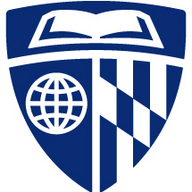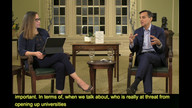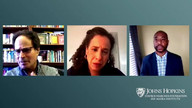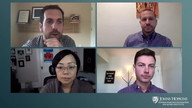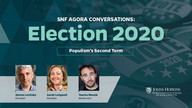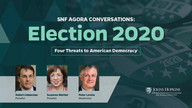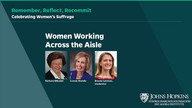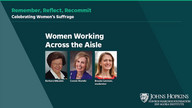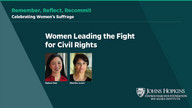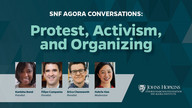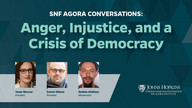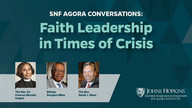About the SNF Agora Institute
The SNF Agora Institute at Johns Hopkins University was founded in 2017 with a $150 million grant from the Stavros Niarchos Foundation. We are a multi-disciplinary academic and public forum dedicated to strengthening global democracy by improving and expanding civic engagement and inclusive dialogue, and by supporting inquiry that leads to real-world change. By building integrated partnerships with scholars, practitioners, students, and the public, we use research to identify and sharpen strategic choices that members of the public and civic and political stakeholders around the world can make to realize the promise of democracy.

